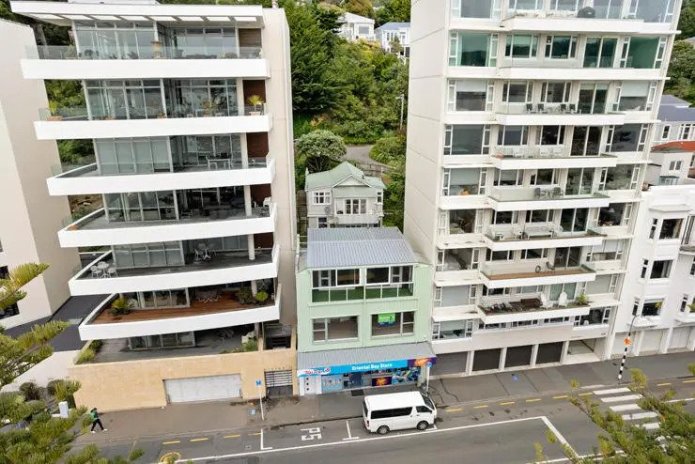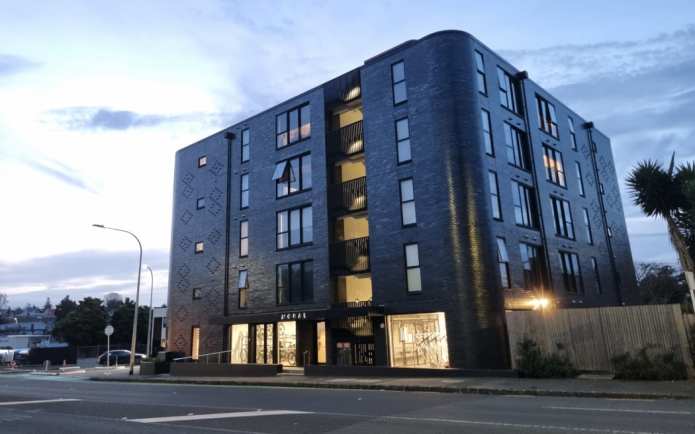PHOTO: IRD. FILE
The Inland Revenue is currently seeking input on an interpretation of the bright-line test, which could potentially result in individuals being subject to taxation when selling theiradidas yeezy custom nfl jerseys cheap lace front wigs custom jerseys buffalo bills Jerseys nike air max plus best couples sex toys custom football jerseys adidas yeezy foam rnnr nfl store nike air jordan 4 oil green jordan 4 with nike air nfl pro shop eagles cheap nba jerseys nike air jordan 11 legend blue primary residence, even if they don’t own any other properties.
The bright-line test is a regulation that determines which properties are subject to capital gains tax upon sale. Depending on factors such as the purchase date and whether the property is a new construction or an existing home, it may be subject to taxation when sold within a span of up to 10 years. The tax rate is determined by the owner’s income tax rate, with some profits taxed at 39% if they push the owner’s annual income over $180,000.
Earlier this year, Inland Revenue sought feedback on its interpretation of the primary home exclusion within the bright-line test. This exclusion allows individuals to avoid taxation on the property they reside in. However, it may not offer full protection if a person is absent from the property for more than 12 months, in which case taxation would be based on the property’s usage by the owner. Some aspects of Inland Revenue’s interpretation have raised concerns.
In specific scenarios, Inland Revenue suggested that even if a person did not own another property and their partner and children continued to live in their home, they could still be subject to taxation upon its sale. To illustrate this, they provided the example of “Rebecca and Luke,” who jointly owned a three-bedroom apartment in Auckland purchased on April 10, 2021.
When Rebecca went on a two-year secondment to the Middle East, Luke remained to care for their secondary-aged children. Inland Revenue indicated that if they were to sell the apartment, Luke could rely on the primary home exclusion and would not have to pay tax on his share of the profit. However, because Rebecca was away for two years, she couldn’t use the exclusion but could receive an adjustment to her tax bill for the periods when she used the apartment as her residence.
Deloitte tax partner Robyn Walker expressed concerns about the fairness of this outcome, emphasizing the disparity between the treatment of Rebecca for tax residency purposes and the bright-line test. Despite her continued ties to New Zealand, Inland Revenue’s interpretation did not consider the house her primary residence for the bright-line test.
Callum Purves, campaigns manager for the Taxpayers Union, voiced apprehensions about the bright-line test’s evolving scope, pointing out that what initially applied to investment properties sold within two years of purchase has now extended to the taxation of family homes. This occurs even if an individual owns only one house and if their partner or children still reside in it. Purves argued that Inland Revenue’s approach appears to be stretching logic to classify people as property speculators for increased taxation.
An Inland Revenue spokesperson stated that they are close to completing their review of the submissions received and anticipate publishing their interpretation in a few weeks.
READ MORE VIA STUFF

















